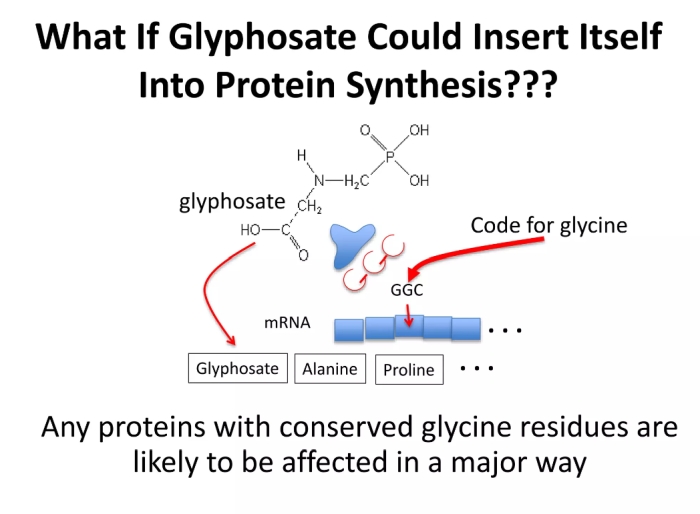What is niacin?
Vitamin B3 (niacin, nicotinic acid, nicotinamide) is a water-soluble vitamin. Niacin is a collective term that includes two compounds: Nicotinic acid and its biologically active form, nicotinamide. It is well absorbed from the gastrointestinal tract, with the excess being excreted by the kidneys. In the presence of vitamins B1, B2 and B6, the liver can produce it from an amino acid called tryptophan.
Why niacin is needed?
It is essential for the proper functioning of the nervous, circulatory and digestive systems. It activates enzymes necessary for the metabolism of carbohydrates, fats and proteins. It plays an important role in detoxification, in the formation of cholesterol and sex hormones such as estrogens.
How is niacin formed?
Niacin is formed in the healthy intestinal mucosa via the tryptophan-kynurenine-niacin pathway. Niacin is converted in the liver to niacinamide, which is the active form. In Fulvicherb – Synergy, the niacin is in the form of niacinamide, so its absorption is guaranteed regardless of the state of the gut microbiome.
What is the role of niacin?
Niacinamide is the precursor of NAD+ and NADP+.
Nicotinamide adenine dinucleotide (NAD+) and nicotinamide adenine dinucleotide phosphate (NADP+) are two very important biochemical cofactors found in living cells. They play a fundamental role in the transport of protons and electrons, in terminal oxidation. In the tricarboxylic acid cycle, it is the cofactor for electron transport.
Without NAD+ and NADP+, the efficient aerobic energy production of the mitochondria cannot function.

It should be emphasised that niacin is only formed in the epithelial cells of the healthy small intestinal mucosa.
Short-chain fatty acids, including butyrates, acetates and propionates, have a major effect on the metabolism and healthy development of the intestinal mucosa, small intestine and colon epithelial cells. For this reason, it is very important to consume plenty of water-soluble fermentable dietary fibres.
The role of the enzyme IDO
The enzyme indoleamine-pyrrole-2,3-dioxygenase (IDO) plays an important role in the development of immune tolerance and the regulation of inflammation.
Involved in tryptophan metabolism. This enzyme catalyses the first rate-limiting step of the kynurenine pathway. Only 5 % of the ingested tryptophan amino acid is converted into protein synthesis. 1 % is the basis for serotonin production. 94 % is converted in the body via the tryptophan-kynurenine pathway into the production of NAD+ and NADP+.
Importantly, the function of the IDO enzyme is dependent on nitric oxide (NO). Those who have read our previous blog posts will be familiar with the effects of processed foods on lysine-arginine antagonism. Since arginine is the donor of NO, this antagonism plays an important role in the inappropriate rate of NAD+, and NADP+ production. This is further evidence that, for example, masses of tryptophan, niacin and NAD+, NADP+ can be a problem in farm animals. A direct consequence of this is the pellagra of the skin.
The role of bile acids
Bile acids are extremely important in warding off harmful effects on the body. Bile acids have a significant effect on the body’s cholesterol metabolism. They can trigger inflammatory processes, and alter the body’s immunity and circadian rhythms.
The role of pectin and inulin
Pectin and inulin provide high amounts of butyrate, acetate and propionate. The increase in body fat and insulin resistance have been greatly reduced by pectin and inulin in various studies. It also lowers triglycerides in the liver and improves insulin sensitivity.
Inulin reduces the uptake of fatty acids into the liver, and inulin increases mitochondrial capacity and inhibits lipogenesis in the liver.
The addition of fermentable dietary fibre increased the number of bifidobacteria. Inulin prevents hepatic steatosis, which causes abnormal storage of fats in the liver.
Fulvicherb – Synergy contains inulin and pectin among many other ingredients. Our product contains a high proportion of inulin and pectin.
Pectin and inulin change the gut microbiome
The microbiome of the digestive tract contains 10^14 microbial cells with about 1000 species of bacteria. Bacteria are generally beneficial to human health because they can convert fermentable fibres into short-chain fatty acids (SCFA), which play an important role in regulating the immune system, neurology, hormonal system, digestion and host homeostasis.
Short-chain fatty acids (SCFA) play a role in the development of obesity. Different types of dietary fibre and different proportions of SCFA influence the abnormalities associated with metabolic syndrome.
Read the article in German: Die vielfältigen Wirkungen von Niacin (Vitamin B3)
Read the article in Polish: Wielorakie opisy działania niacyny (witaminy B3)





